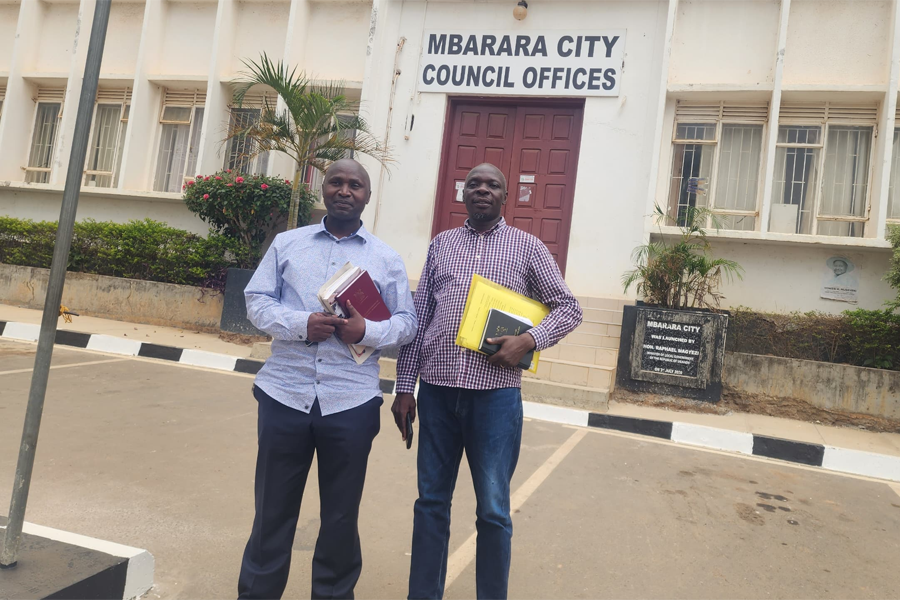Uganda's Budget Soars: A Look at Priorities and Potential Challenges

The Ugandan parliament recently approved a hefty budget of 72.13 trillion shillings for the 2024/2025 fiscal year. This marks a significant 19.43 trillion shilling increase compared to the previous year, reflecting the government's ambitious spending plans. However, this substantial jump also raises questions about its sustainability and potential challenges.
Focus on Human Capital and Security
The budget prioritizes human capital development, allocating a sizable chunk (9.96 trillion shillings) or 26.36% of the total expenditure. This focus on education and healthcare could yield long-term benefits for the country's workforce and overall well-being.
Keep Reading
Governance and security also receive a significant allocation (9.14 trillion shillings, 24.2%). While this ensures funding for national security and maintaining stability, a closer look is needed to determine if this allocation prioritizes citizen safety and efficient public service delivery.
Infrastructure and Development
The budget allocates 5.19 trillion shillings (13.7%) to integrated transport infrastructure and services. This investment in roads and transportation could stimulate economic activity by facilitating the movement of goods and people. Additionally, 2.08 trillion shillings (5.5%) are earmarked for private sector development, which could potentially create jobs and boost economic growth.
Debt Concerns and Domestic Resource Mobilization
The substantial budget increase necessitates a closer look at financing strategies. While domestic revenue collections are projected to contribute 32.38 trillion shillings, the government also plans to borrow heavily. Borrowing from local banks (8.97 trillion shillings) for both domestic debt financing (19.80 trillion shillings) and project development (9.58 trillion shillings) raises concerns about future debt sustainability.
Sustainability and Transparency
The significant reliance on borrowing necessitates careful management. Increased transparency and accountability are crucial to ensure borrowed funds are used effectively on targeted projects.
Conclusion
The Ugandan government's increased spending reflects its commitment to various sectors. While investments in human capital, security, and infrastructure hold promise, the heavy reliance on borrowing raises concerns. Effective management, coupled with increased domestic resource mobilization, will be critical to ensure the budget's success and long-term fiscal health for Uganda.




















